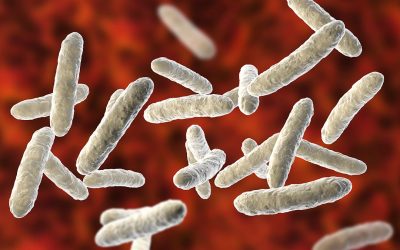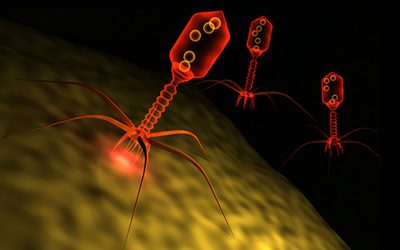Europe does not like force feeding
German chemical company BASF said it is stopping production of genetically modified (GM) crops for the European market. They said hostility from consumers was the reason for this decision. Through this move 140 high skilled people will lose their job.
The company will move its plant-science unit from Limburgerhof in Germany to Raleigh, North Carolina in the United States where GM is far less controversial than in Europe. It will also close other sites in Germany and Sweden. The company will transfer some GM crop development to the US but stop work on crops targeted at the European market – four varieties of potato and one of wheat, leaving Monsanto’s MON810 maize as the only remaining GM crop authorised for cultivation in the EU.
With BASF moving its GM development out of Europe the EU is losing scientific research and there is a big chance it will stay behind in this field. With the continuous outsourcing of low skilled labour to cheap countries education and research could be the USP for Europe to generate business.
Here again it shows that politics and business are a poor match. The inability of the European Commission to make a clear and united statement on genetically modified products and crops causes a stalemate in development. And it is grist to the mill of anti-GM lobbyists, which it makes it even more difficult for the general public who to believe.
This confusion is also illustrated by a recent WikiLeaks leak recalling a cable from 2007, wherein the US embassy in Paris recommended that Washington inflict “some pain” on the European Union over its restrictions on genetically modified food. Plant breeders and also advocates of GM-crops are irritated by the fact that no GM product has so far been shown to cause any harm to anyone and continue to be rejected in Europe.
The GM-industry will not get much support from current EU Commissioner for Consumer Health, John Dalli. Recently he said to MaltaToday he never "favoured the GM industry". Dalli said he would never give the go ahead to GM crops for the sake of the industry’s interests. "There are risks involved in GM crops which need to be addressed. I always ask GM companies to declare what benefits their produce has for the people. Innovation in this area should not be about profits for a few companies but about the benefits of the population," he said.
In a sense he is right because the plant breeders have become economic power houses. Dalli said that GM crops carry some risks and however small the risks are, it will be the people not the companies to suffer if anything goes wrong. "I have a good relationship with the anti-GM lobby and NGOs such as Greenpeace because I listen to everybody. The European Food Safety Authority has been strengthened to guarantee greater independence for scientists in this matter."
Europe is divided in its unity and every single member country can make its own decision on this sensitive subject. Politicians fear for their electorate and as such follow public concern instead of scientific advice. They know that force feeding will not bring them another period in parliament. Only persuasion and persistence using facts and refuting myths might finally bring the European public on other thoughts. Or a significant food crisis might do so.











